Interview with Charlotte Roule, CEO of ENGIE China; Vice President of the European Chamber.
What do you expect to see China’s business/regulatory environment to change in 20 years?
The European business community has long been part of China’s success story. Today, the European Union (EU) is China’s most important trading partner, while China is the EU’s second most important trading partner.
There is still plenty of untapped economic potential for both sides. Given the importance of EU-China economic relations, it is vital to maintain very close trade and investment links, while developing a more balanced and reciprocal economic relationship. It is also critical for China to accelerate domestic reform and opening up its market to the rest of the world, strengthen the protection of intellectual property, and consider treating state-owned enterprises (SOEs) with the principle of ‘competitive neutrality’ in order to ensure fair competition, regardless of ownership status.
With respect to the energy sector more specifically, I would expect these evolutions to also include two elements:
1. a more customer-oriented approach, meaning that customers should be able to choose cleaner energy solutions and benefit from these, thanks notably to a carbon pricing mechanism that would encourage adding more renewable power into the energy mix; and
2. an approach considering further resilience of the energy systems, and how to best reconcile a centralised system with decentralised ones, fitting as closely as possible customers’ needs while limiting the risk of disruption in case of crisis.
What role do you expect the European Chamber to take in the next 20 years?
The European Union Chamber of Commerce in China was founded by member companies that shared a goal of establishing a common voice for the various business sectors of the European Union and European businesses operating in China.
I’d be happy to see the Chamber continue to be the independent voice of European business in China, with the objective of seeking greater market access and improved operating conditions for European companies. The ultimate goals are for EU businesses to secure a level playing field in China, mitigate the impact of government-induced market distortions, reinforce the EU’s own competitiveness, and ensure fair competition and cooperation.
I would also encourage the Chamber to go on being an active player in cooperation between the EU and China. Leveraging on experiences in the EU to support China’s needs can be a good way to stimulate European investment in the country.
Charlotte Roule, CEO of ENGIE China; Vice President of the European Chambe
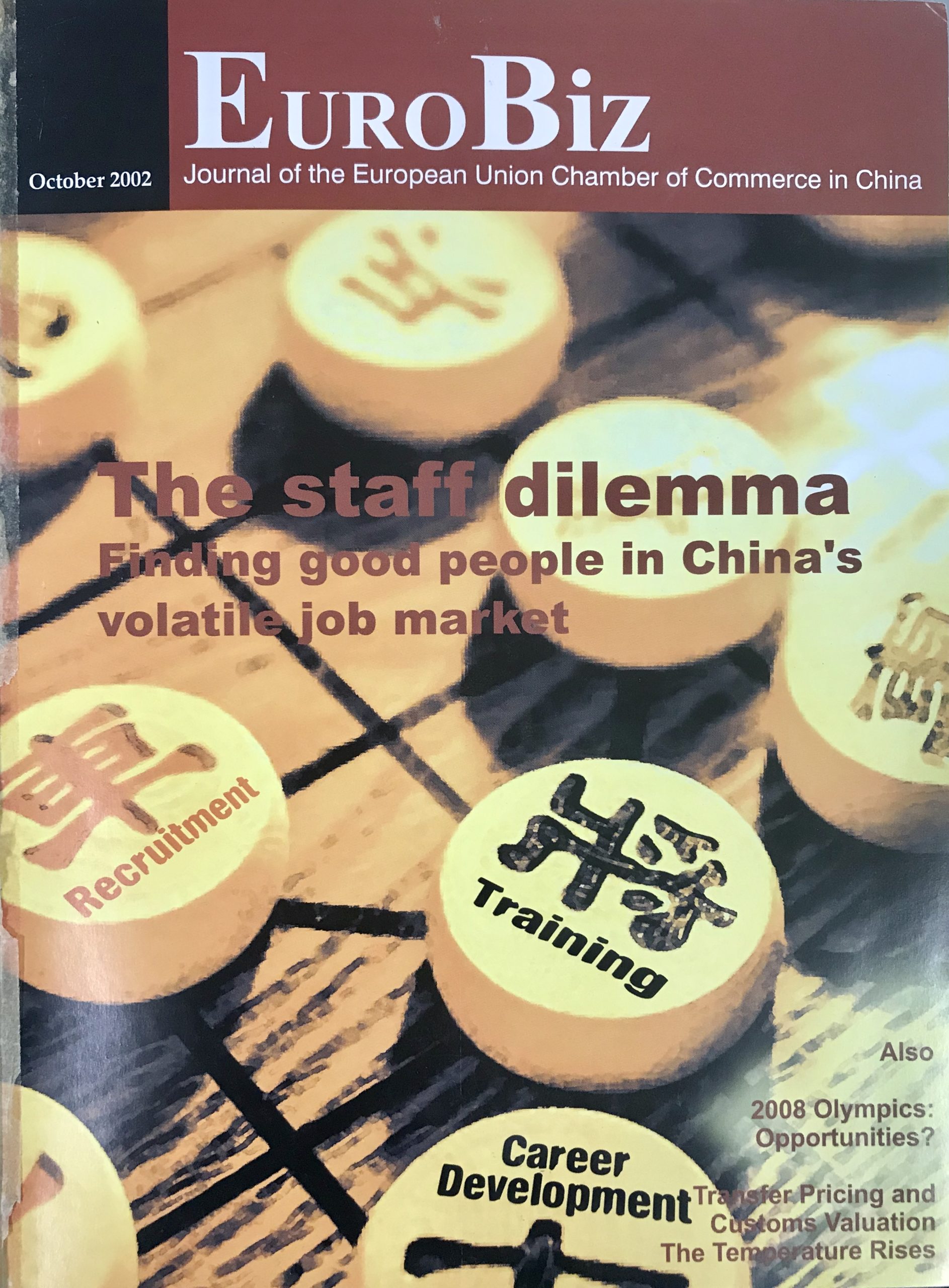
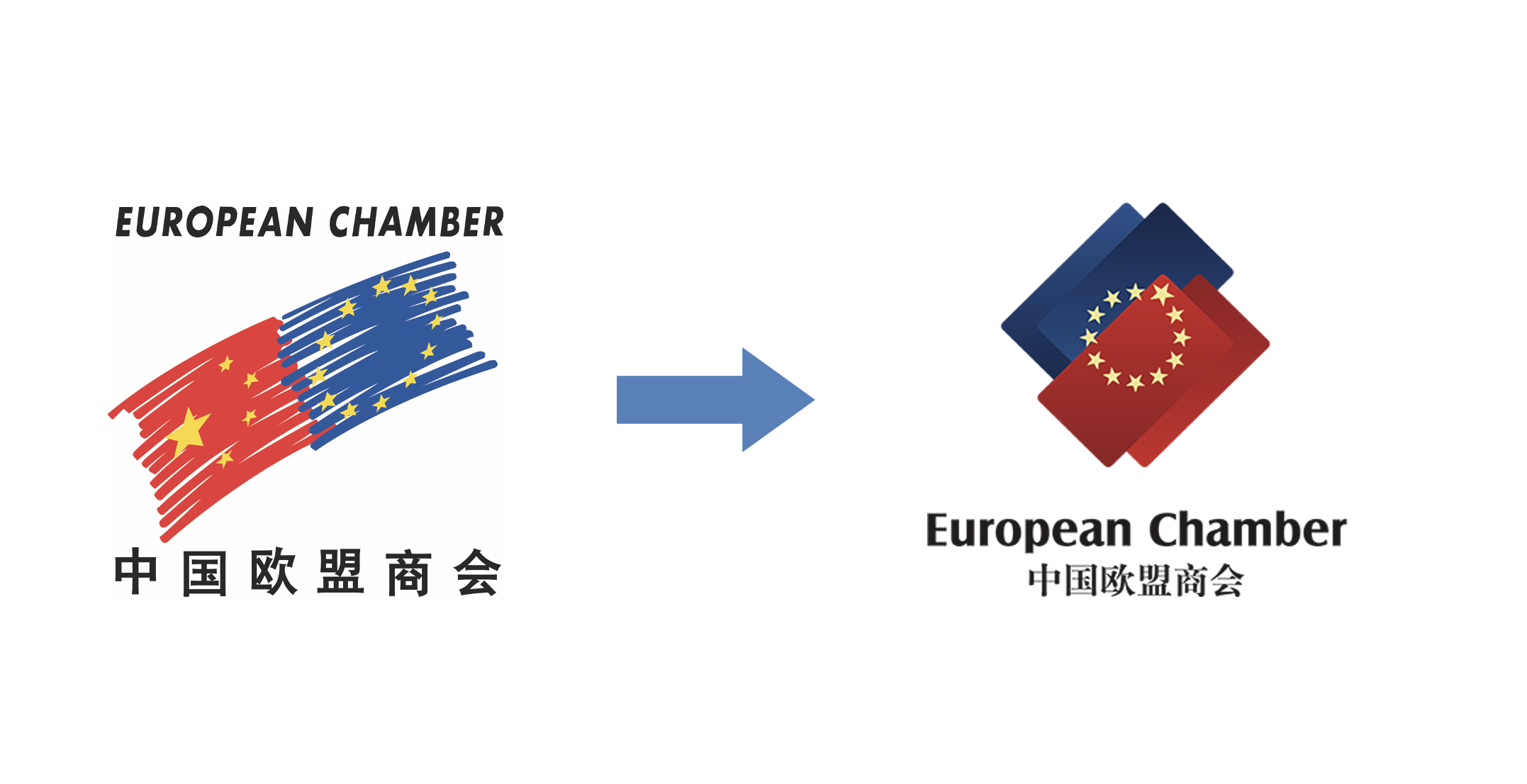
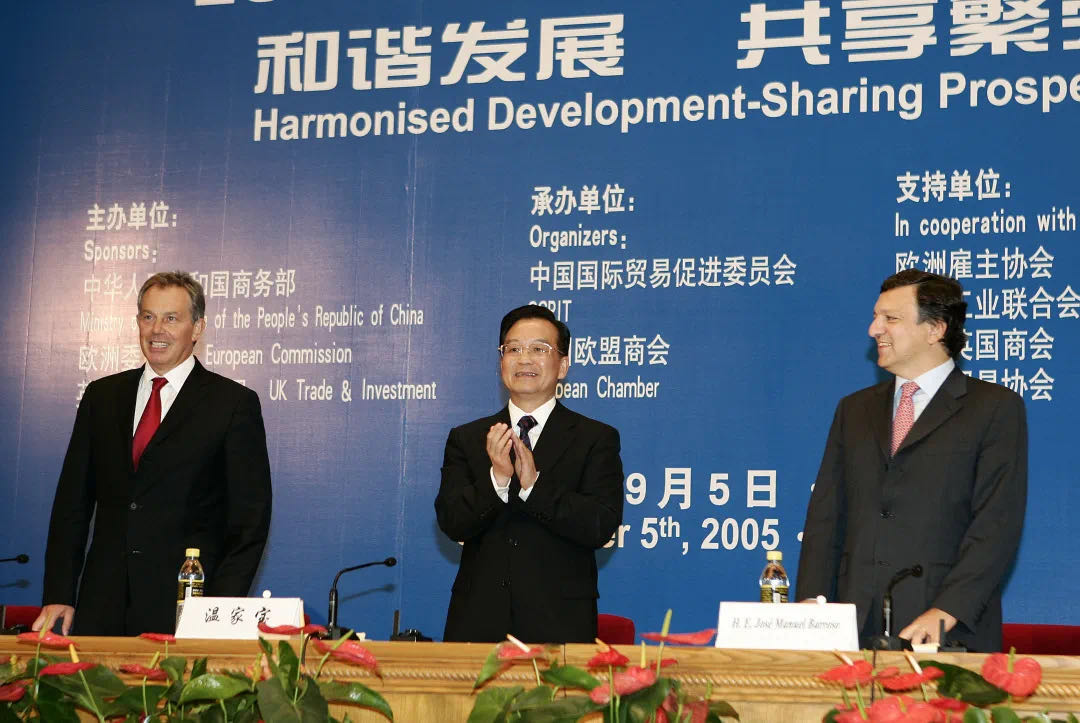
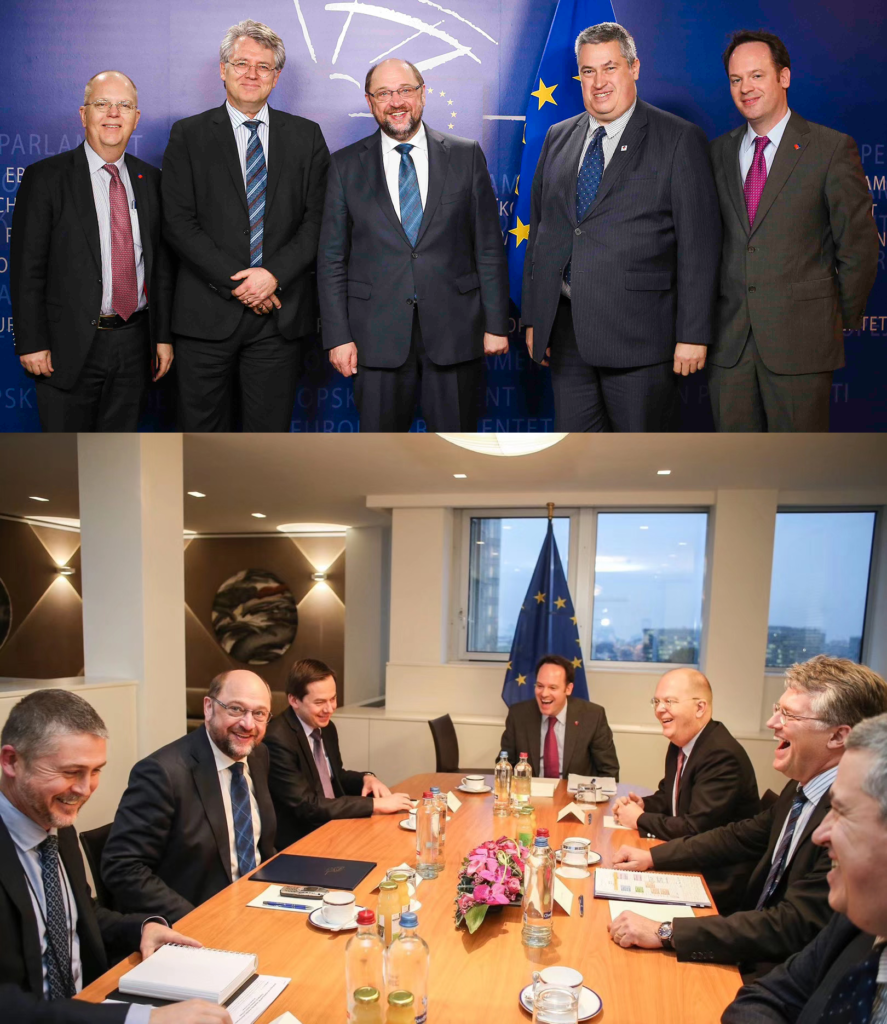

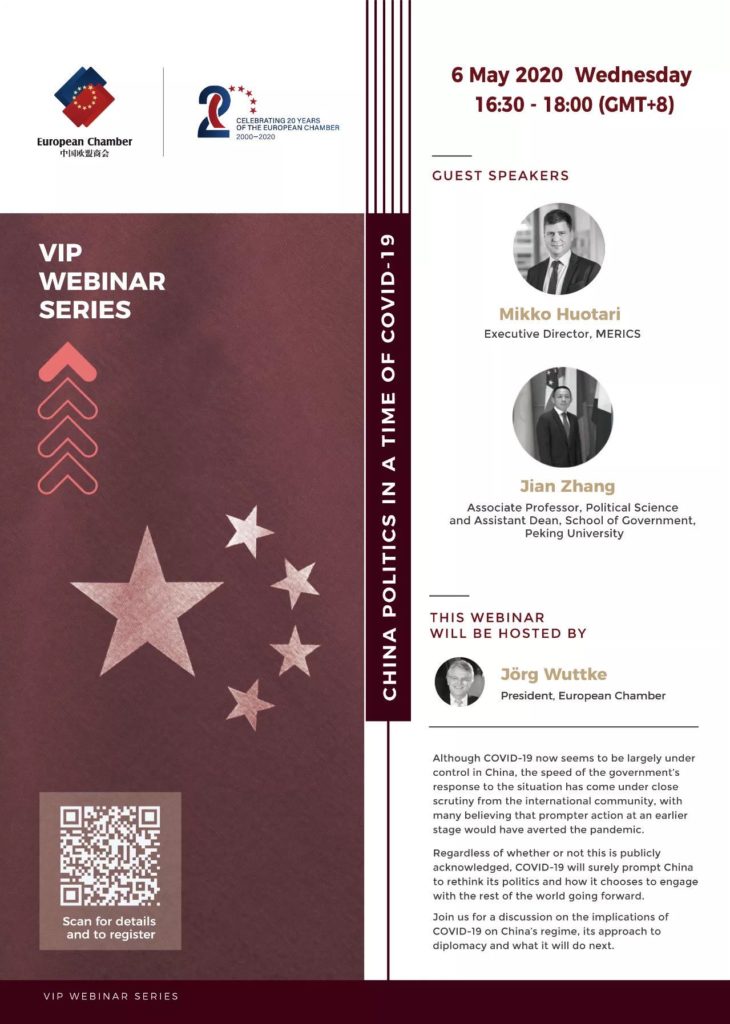
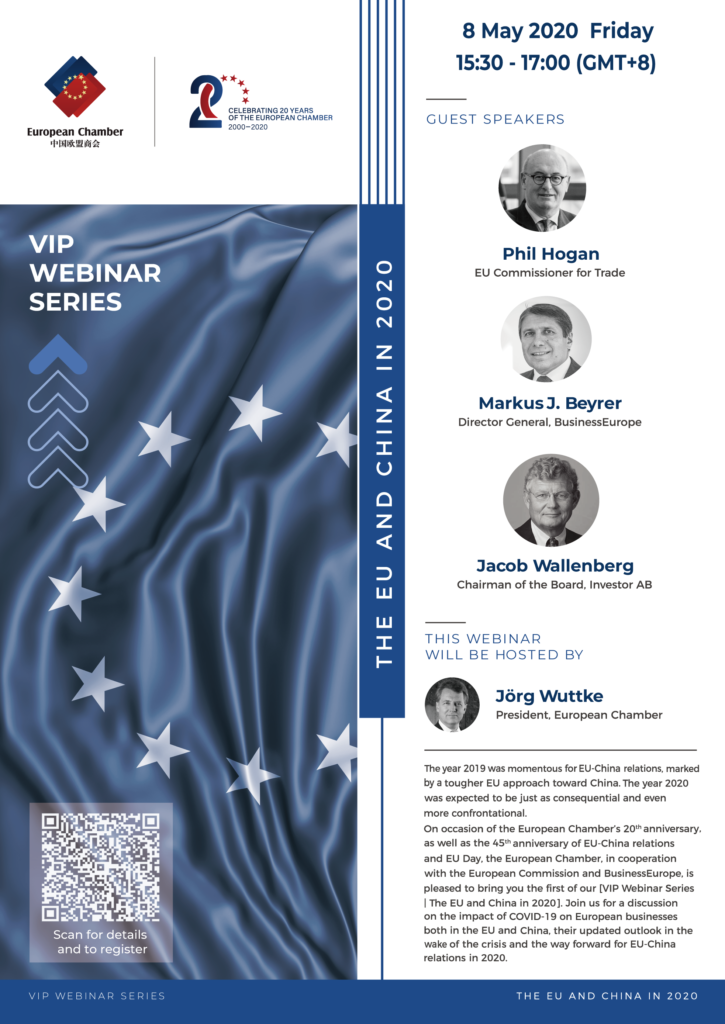
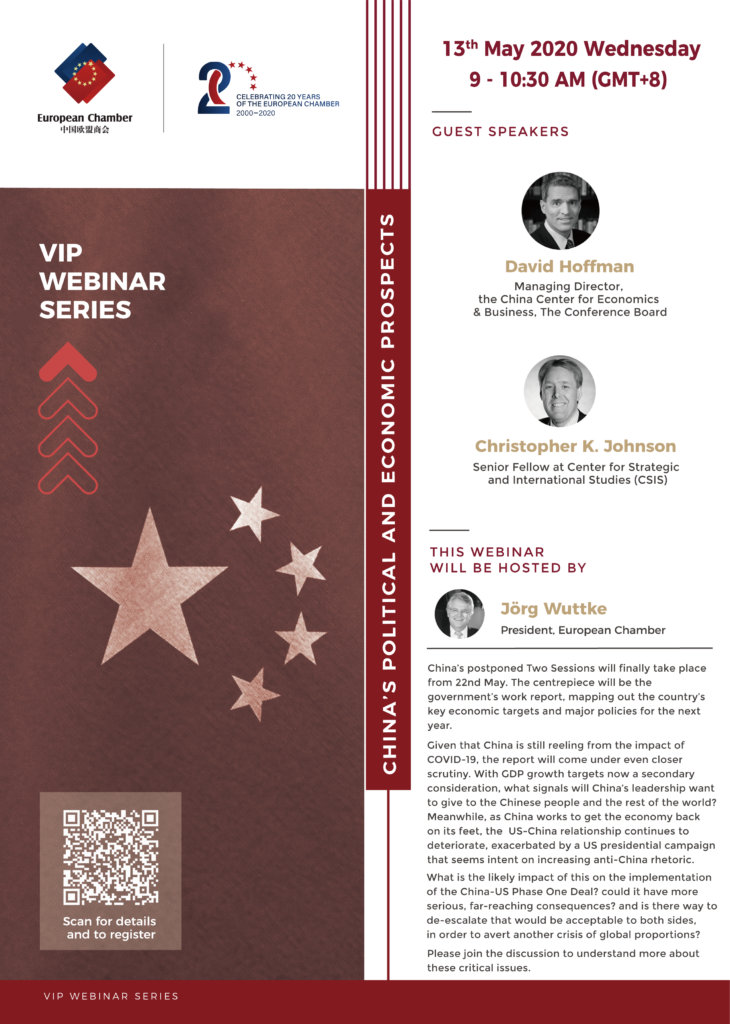
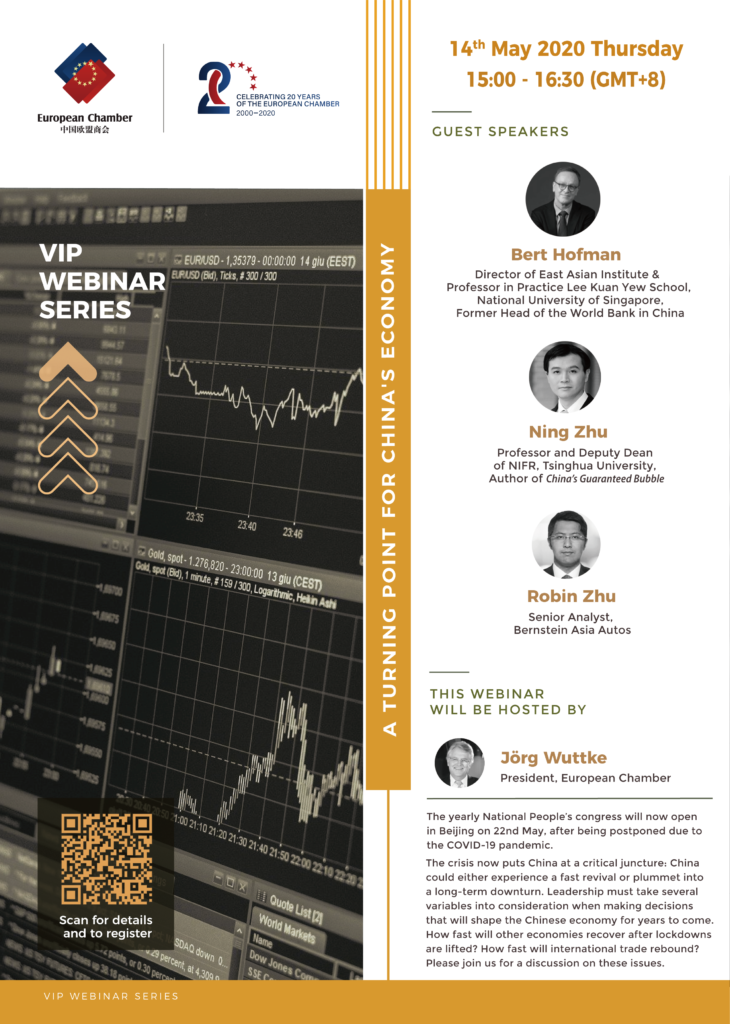
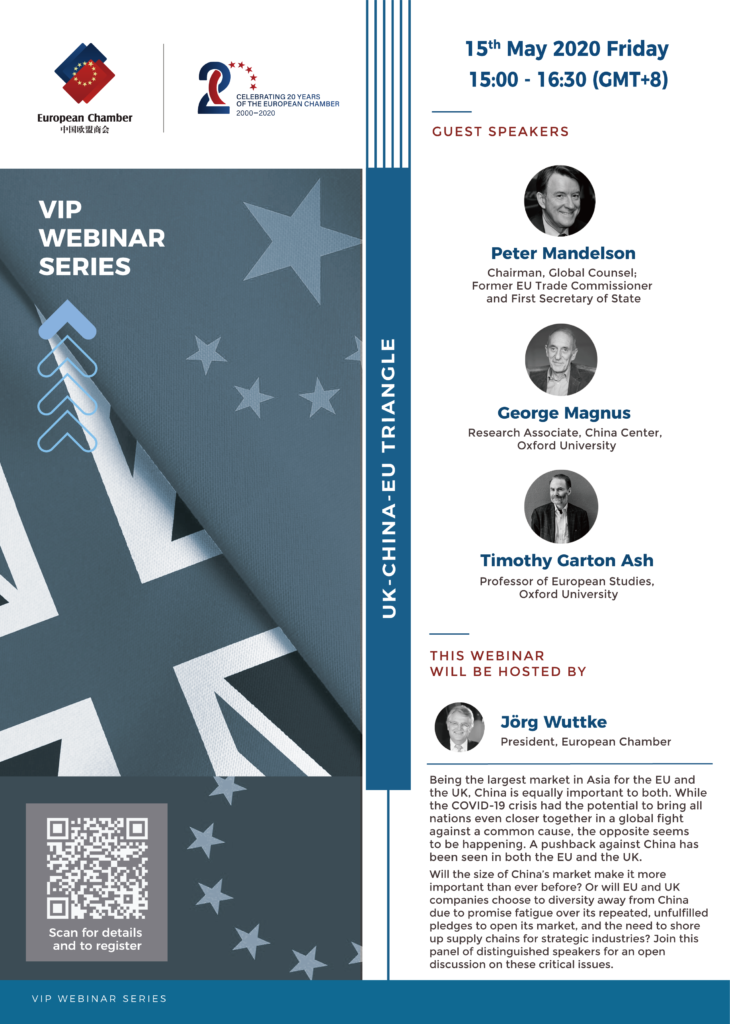
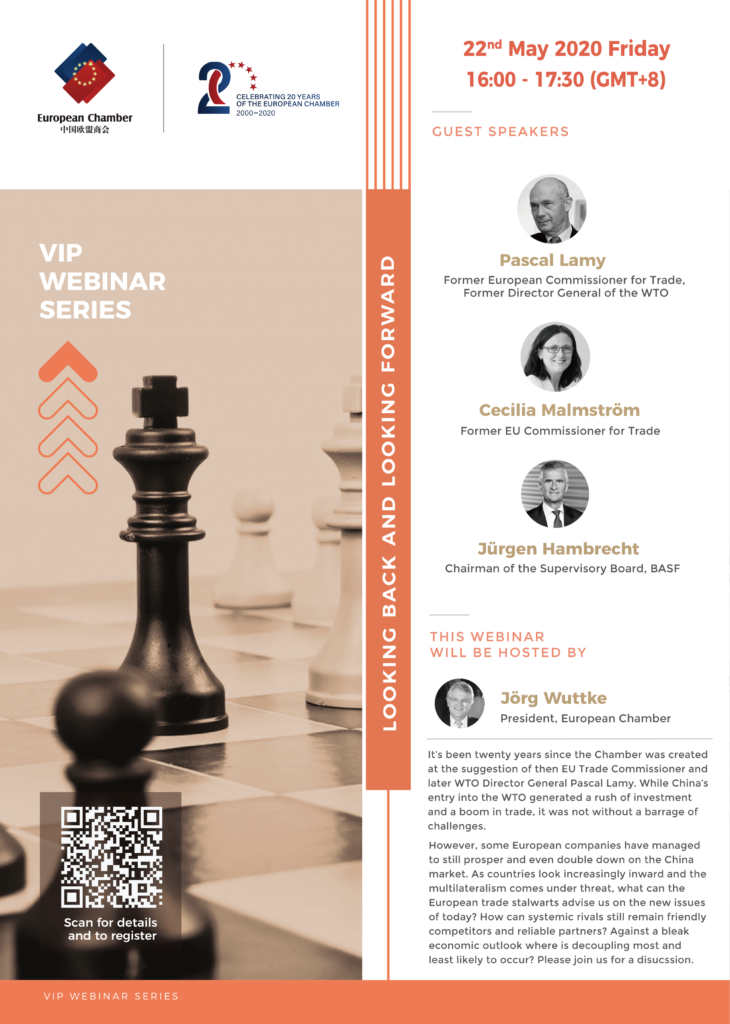

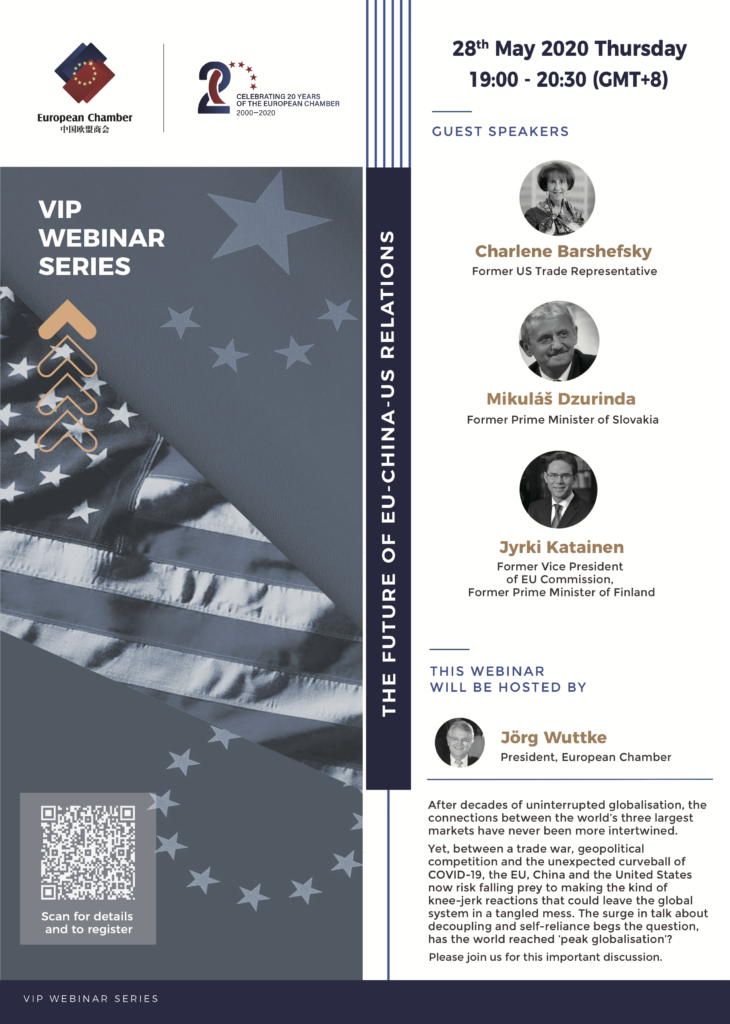
Leave a Reply